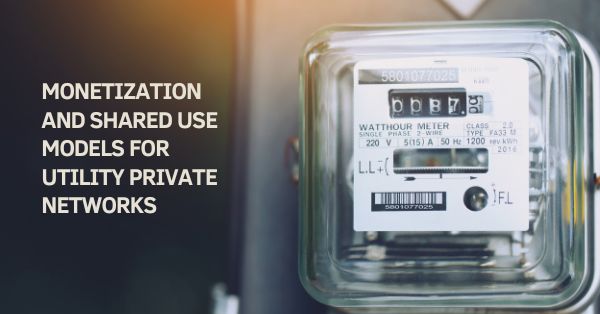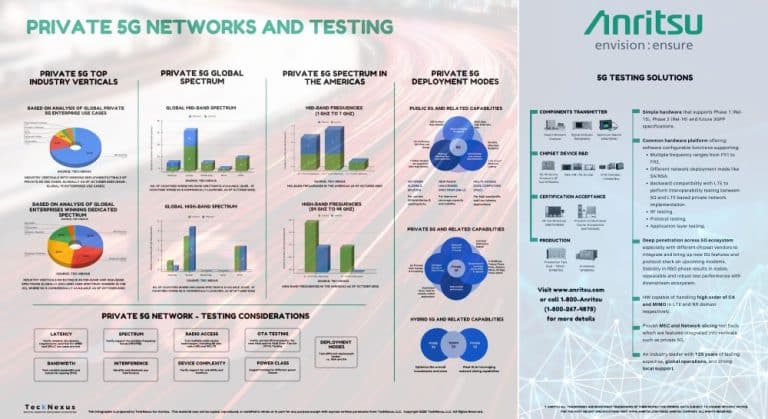The UK government is set to infuse £36 million into ten areas, ranging from Glasgow to the West Midlands, to bolster 5G innovation. This funding initiative, announced by the Department for Science, Innovation and Technology, alongside The Rt Hon Sir John Whittingdale OBE MP and John Lamont MP, aims to transform a diverse array of sectors through advanced wireless technology.
Expanding 5G’s Reach: A Nationwide Endeavor Ten multi-local authority areas across the UK are earmarked to become 5G Innovation Regions (5GIRs). This strategic funding is designed to enhance the development and adoption of 5G and other advanced wireless technologies. Projects will span across towns, cities, and rural areas, ensuring that communities fully leverage the benefits of digital connectivity. This move is also expected to attract substantial commercial investment, thereby stimulating economic growth.
Targeted Projects for Diverse Benefits Glasgow City Region, for instance, is set to receive over £3 million for a health and social care project utilizing IoT and smart city applications. Similarly, Greater Manchester Combined Authority will be allocated funds exceeding £3 million for integrating 5G into air source heat pumps in social housing, thereby advancing Smart Energy Grids.
A Vision for Connected, Innovative Communities These projects are a core component of the government’s Wireless Infrastructure Strategy. They aim to drive innovation in sectors like advanced manufacturing, agriculture, transport, and public services. The program’s potential impact is significant, with projections of a £159 billion productivity boost by 2035 due to widespread 5G adoption.
Advisory Support and Local Empowerment A newly established Digital Infrastructure Advisory Group, consisting of representatives from all UK regions, will offer guidance to local areas on enhancing digital connectivity. This group will play a pivotal role in shaping government support for regional digital goals, encouraging investment, and promoting local technology adoption.
Ministerial Insights: Unlocking 5G Potential
Sir John Whittingdale, Minister of Data and Digital Infrastructure, emphasized the government’s commitment to leveraging 5G technology for public service transformation and economic growth. John Lamont, UK Government minister for Scotland, highlighted the pivotal role of this funding in maintaining Scotland’s technological leadership, particularly in improving health and social care services.
Regional Projects and Their Impact The funding recipients, including Belfast City Council, Greater Manchester Combined Authority, and West Midlands Combined Authority, among others, are set to undertake diverse projects. These range from digitizing port operations to developing 5G Science Parks and advancing agricultural technologies.
The Role of UK Telecoms Innovation Network The UK Telecoms Innovation Network (UKTIN) will work closely with the 5G Innovation Regions. Their goal is to disseminate best practices and insights, ensuring nationwide benefits from the transformative power of 5G and advanced communication technologies.
Detailed Look at Regional Projects Delving deeper into the regional projects, each area has distinct plans to utilize the funding effectively. For instance, Belfast City Council’s £3.8 million will be used to revolutionize port operations using 5G technology. They also plan to utilize ‘5G-in-a-box’ technology for high-capacity uplinks, crucial for on-location filming and production studios. Greater Manchester’s focus is on environmental sustainability. Their 5G-enabled heat pumps project aims to not only provide efficient heating solutions but also to contribute significantly to the creation of Smart Energy Grids. This initiative is expected to bring tangible benefits to residents in terms of reduced energy costs and enhanced service delivery in public housing.
Enhancing Public Services and Safety A notable aspect of this funding is its emphasis on improving public services and safety. Shropshire Council, for instance, will invest its £3.7 million in integrating advanced wireless connectivity in rural industries and water management, enhancing both efficiency and safety standards. Sunderland City Council’s plans include the use of 5G for port operations, aiming to enhance competitiveness and safety standards in maritime activities.
Boosting Economic Growth and Tourism The Cumberland Council is set to utilize its £3.8 million funding to use 5G technology in boosting the tourist economy. By leveraging advanced wireless technology in key sites across the Borderlands Region, they aim to not only attract more tourists but also to protect the environment and support local businesses.
Innovative Approaches in Agriculture Sussex County Council’s project focuses on future farming practices. They aim to develop and scale 5G applications to increase sustainable food and drink productivity, showcasing an innovative
Conclusion: A Step Towards Enhanced Connectivity This initiative represents a significant move towards improving digital connectivity in the UK. It aligns with the government’s broader goals of a competitive digital economy and aims to make advanced wireless infrastructure a core aspect of the UK’s societal and economic fabric by 2030.






























